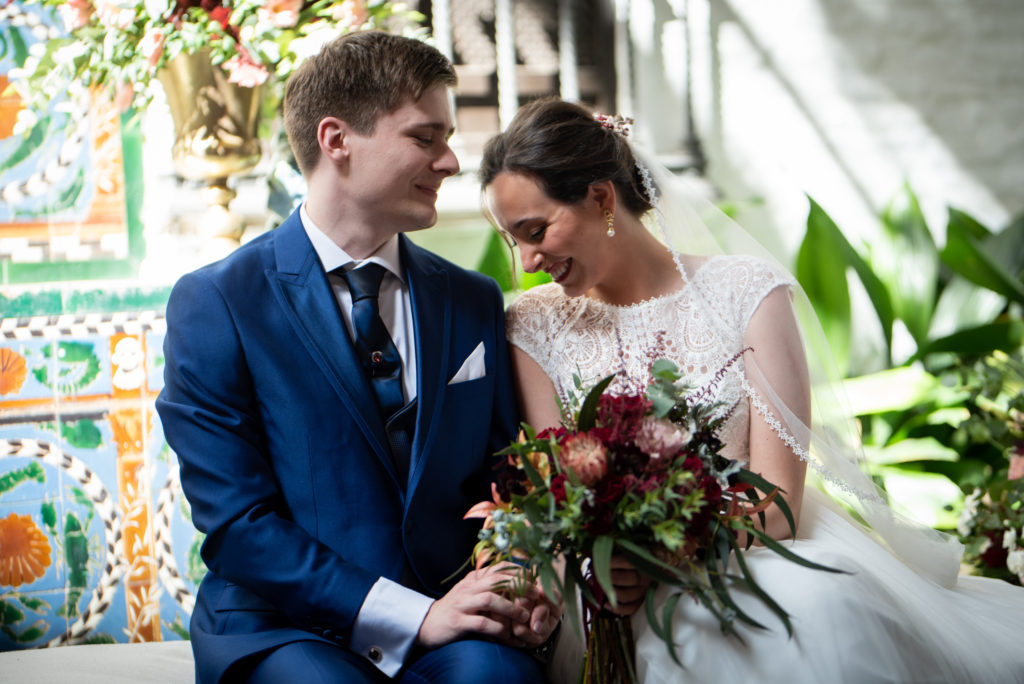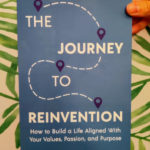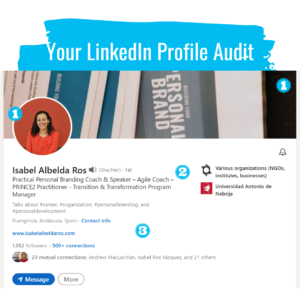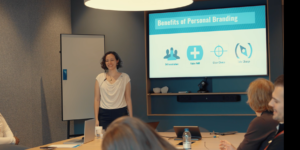Choosing Fulfilment - What kind of life do you want to lead?
I celebrated my first wedding anniversary last Sunday. It feels like it was both yesterday and an eternity ago.
I had in many ways a very traditional wedding (white dress, speeches, choreographed first dance and, of course, a fabulous five hours of open bar with plenty of dancing), and in other ways, we ignored tradition to do things that were more meaningful to us. My two favourites, since I can’t choose – my mum officiated the ceremony, which she wrote herself in two languages; and instead of keeping the bridal bouquet we split it between our mums, giving them away during dinner with a bonus one for grandma (there weren’t many dry eyes in our wedding – even the head of catering shed a tear or two).

Thinking back on our wedding reminds me how important it is to think through the things that are important to you. It’s very easy to fall into pursuing what the world around us holds up as desirable; to imagine success as a very narrow set of options. It’s all we’ve ever heard from our well-intentioned parents, been shown on TV, been taught in class… Many times, the well-trodden path is well-trodden for a reason, and you’ll find that these measures of success are the things you want, that will be meaningful and fulfilling for you.
But sometimes they won’t be.
There’s nothing wrong with the standard set of aspirations (marriage, children, a house you own with a picket fence, a well-respected high-paying job). But we’re not all fulfilled by the same things, just like we don’t all love the same ice cream flavours. You might find chocolate is tasty, and you understand why it’s popular, but there’s nothing for you like lemon ice cream.
Yet when it comes to life paths, we’re typically presented with the neapolitan standard (vanilla, chocolate and strawberry) and expected to choose from there. Subconsciously, we often do so without exploring other options.
This is where self-reflection is so important.
Why are you on the path you are on?
I often ask myself, why is this a goal for me? What lies behind it?
Sometimes the answer is that I want several different things. My professional priority is helping others, making a tangible difference in their lives. Creating something new. But there’s a sneaky value that trips me up – wanting to be recognized for the work I do, considering only roles where I know I can succeed. If I’m not reflecting on the reasons behind my goal choices, the latter may pull me towards jobs that don’t fulfill my primary drive. Just like the inertia of seeing certain things portrayed as the gold standard can sway our choices away from those things that truly fulfil us.
When we truly understand ourselves we are able to make choices that truly align to our passions, our values and our purpose. And that’s where the magic happens.
What kind of life do you want to lead?
Picture yourself following the path you’re on. It’s five, ten, fifteen years down the line.
What is your life like? Are you happy?
What if you changed one thing now, deviated from the path? How does the picture change? How do you feel? Does your stomach tighten, your heart race when you picture the alternative? Pay attention to those cues, but don’t take them as gospel. Interrogate them.
Questions are one of the most powerful tools in coaching. I urge you to use the above to question your choices and make sure they are ones you are happy with. Don’t live a life built to please others – to make your parents proud, to show your first boss they were wrong about you, to show your community you are deserving of high-status; you are the one who will have to live your life. As they’d say in business, you’re the primary stakeholder here; do you know what will make you happy?
Note when I talk about happiness I don’t mean necessarily uncomplicated good feelings; happiness often comes from fulfillment, achievement, and through the doing of things that are not always pleasing (like 8:45 AM meetings). But if you follow other people’s definition of fulfilment or achievement you will never be fully satisfied in either of those.
A silly example
Questions may be one of the most powerful coaching tools, but my whole life I’ve found it easier to grasp concepts and exercises when an example was provided.
So here I’m sharing a silly one, that I hope nonetheless will help you.
My engagement.
There are many things you could include in the definition of a good, fullfilling proposal; based on everyone giving us advice or asking us pointed questions, these seem to be on many people’s top 5:
Proposing in a romantic setting
Asking for parents permission first
Going down on one knee
Surprising the bride-to-be
A diamond ring
Some of those resonated with us; some didn’t. We’d off-the-cuff sort-of-accidentally proposed a number of times before we actually got serious about it, so an elaborate surprise proposal would have felt out of place. We’d both already said yes!
I would have been upset if my now husband had asked for permission from my parents to marry me, so that was off the list.
We liked the idea of going down on one knee, and marking our commitment somehow, but a ring? I already had too many family rings and struggled to wear more than one on a daily basis.
I really just wanted a wedding band, and to mark the occasion of getting engaged, and to have some beautiful pictures.
So we booked an engagement trip instead. We ate and walked and toured our way through Tuscany for a week, for a lot less than a ring would have cost. We took gorgeous pictures in an engagement photoshoot in Florence and yes, we both went down on a knee. We got to celebrate in a way that made sense to us – with time spent together, discovering new places and beauty, eating our fill of delicious meals and creating memories for a lifetime.
And to include our american family, where engagement parties are a thing (I’m Spanish and they’re not expected there) we hosted an intimate dinner complete with an engagement cake.
We skipped a lot of the traditional markers (the asking, the ring, the surprise) and instead chose something that actually worked for us.
Three years later (we had a long engagement, thanks to Covid), I couldn’t be happier with our choices.
I’m sure we wouldn’t have regretted it if we’d gone the traditional route – but we’re so much happier, and so much more us, like this.
What about you? Are you building a life designed to please others? Or are you truly creating your own happiness?
————————————–
Want to read more about how to build a life aligned with your values, passions and purpose? Roger Osorio’s The Journey to Reinvention shares strategies for doing this, and, packed with relatable stories, it feels like a chat with a trusted friend.





No comment yet, add your voice below!